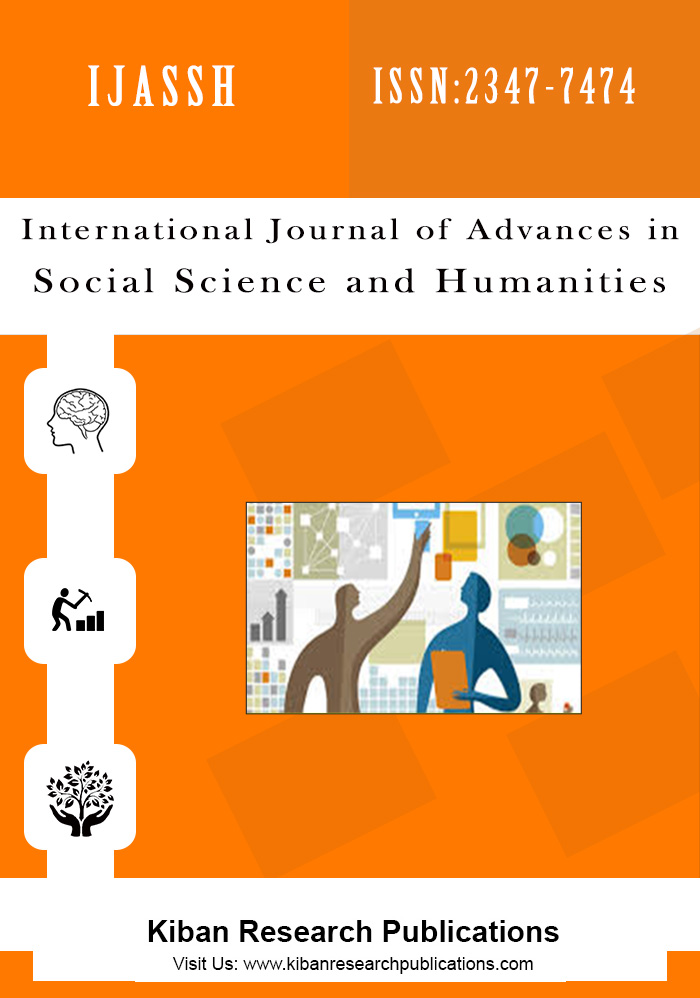An Empirical Estimate of Inflation and Economic Growth: Evidence from Nigeria
Abstract
This paper investigated the relationship between inflation and economic growth in Nigeria for the period 1980-2010.Using ex-post facto research methodology. The study employed, Augmented Dickey fuller (ADF) and Phillip Perron (PP). Unit root test as well as Johansen Cointegration test and followed by utilizing Error, Correction Model (ECM). The empirical results lend very strong support to the existence of three long-run relationships between the variables. The results shows that RGDP is influenced by changes in Money Supply (MS) and thus, promotes economic growth in Nigeria, while Inflation(INF) have a negative impact on economic growth, both in the short run and long run in Nigeria. These results as they stand indicate that inflation does not promote economic growth in Nigeria. The study therefore, amongst others recommends that monetary authorities should effectively control inflation rate in the country so as to achieve the desired Macroeconomic stability and output in Nigeria.
Keywords: Cointegration, Error correction model, Inflation, Money supply.




